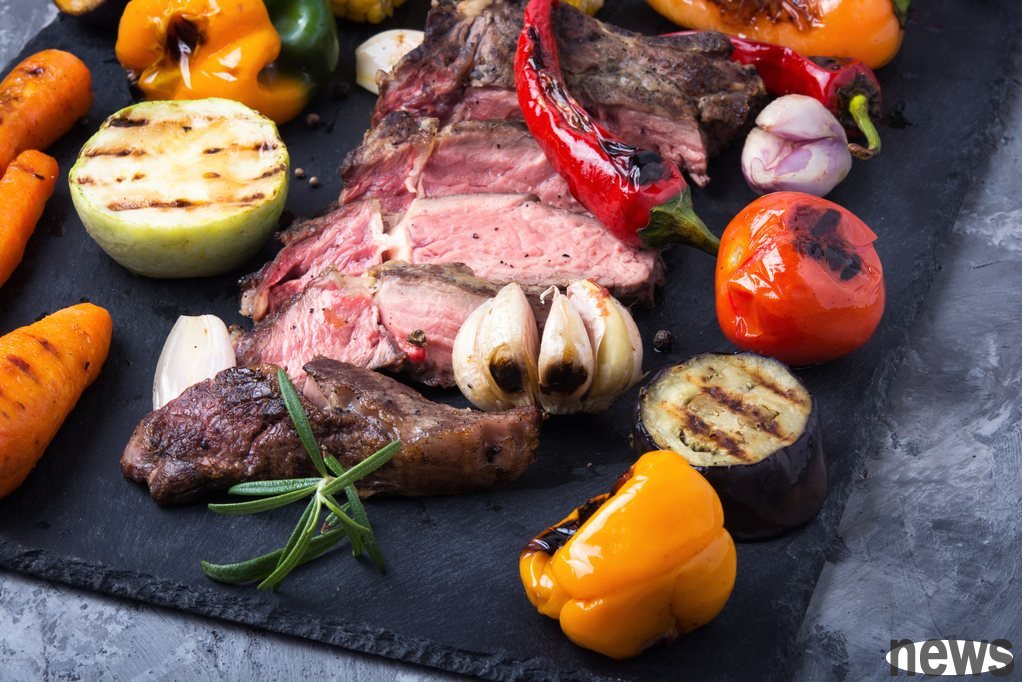Iron is an indispensable and important mineral in the human body, which helps oxygen, maintain energy and function in the immune system. However, red meat, a common source of iron, may bring potential health risks. According to CBS TV reports, the s...

Iron is an indispensable and important mineral in the human body, which helps oxygen, maintain energy and function in the immune system. However, red meat, a common source of iron, may bring potential health risks.
According to CBS TV reports, the study pointed out that people who eat more than one serving of red meat every week have a significantly higher risk of type 2 diabetes. Another study earlier this year also found that processing of red meat is related to the rising risk of a variety of diseases, including cancer and dementia.
Although this is the case, according to a survey conducted by Brigham and Women 's Hospital in Boston, nearly one-third of Americans may suffer from undiagnosed deficiency. Deficiency of the iron may cause fatigue, palpitations, headache, brain fog, leg insanity and other symptoms.
So, how to achieve the recommended daily iron quality intake while avoiding red meat? Nutritionist Meggie Connelly, a registered nutritionist at the U.S. Nutrition Association, said during an interview with CBS TV that adult men recommends taking about 8 mg of iron daily, while adult women should 18 mg.
Connally pointed out that in addition to red meat, many plants and seafood are also high-quality iron sources. Plant high-iron foods include: lentils, various beans, tofu, pumpkin seeds, and spinach; high-iron seafood includes: raw tangerines, clams, and sardines.
Another registered nutritionist, Qianzhi Jiang (pronunciation), also reminded that in the United States, important sources of iron quality also include some grain types, such as iron-added bread and breakfast grain slices. According to data from the Institute of Hygiene (NIH), about half of Americans’ dietary iron comes from this type of grain products.
However, irons from plants (such as fruits and beans) are "non-blood-based irons". They need to be converted before absorption by the human body. It is recommended to use Vitamin C-rich foods to increase absorption rate. If you are still worried about insufficient intake, experts point out that iron replenishment products can also be considered, but you should consult the doctor in advance.
Ji Qianzhi pointed out that "replenished products should be regarded as nutritional supplements, not as main sources. We should first meet nutritional needs through natural foods, which can achieve more nutritional benefits while reducing excessive intake risks."